Discover MindShift Podcast
MindShift Podcast

MindShift Podcast
Author: KQED
Subscribed: 15,912Played: 52,138Subscribe
Share
Copyright © 2019 KQED Inc. All Rights Reserved.
Description
It’s easy to see a child’s education as a path determined by grades, test scores and extra curricular activities. But genuine learning is about so much more than the points schools tally. MindShift explores the future of learning and how we raise our kids. This podcast is part of the MindShift education site, a division of KQED News. You can also visit the MindShift website for episodes and supplemental blog posts or tweet us @MindShiftKQED or visit us at MindShift.KQED.org. Take our audience survey! https://survey.alchemer.com/s3/7297739/b0436be7b132
104 Episodes
Reverse
Interacting with people from different generations has been shown to accelerate students’ social skills, improve literacy, and provide valuable lessons about history and culture.
However, many students have limited opportunities to engage with older generations. And when these interactions do happen, they often remain one-sided or surface-level. In this episode, MindShift explores intergenerational programs at two schools, highlighting their benefits and uncovering research-backed strategies for creating impactful and enriching experiences for all involved.
Teacher Jess Lifshitz noticed that her students were more enthusiastic when they told her about their everyday life than when they wrote stories for their writing unit prompts. While listening to The Moth Radio Hour, she got the idea to use that format of spoken storytelling to an audience in her classroom. She tells you, our audience, about why she wanted to help energize her students in this way.
From book bans to chronic absenteeism to phone distractions, it’s a hard time to be a teacher. But amidst all the challenges, there’s something surprising happening among math teachers. Some of them say they’re more excited to go to work than ever before. Why? Because of a new approach to teaching math called “thinking classrooms” that has students up out of their seats and engaged in problem-solving. In this episode, MindShift listeners will hear a thinking classroom in action and reflections from the teacher and her students. Listeners also will learn about this model from the researcher who developed it, Peter Liljedahl.
MindShift returns with Season 9!
Discover solutions for raising our kids in the modern era. Hear from educators and experts creating pathways for students to flourish. Subscribe to receive new episodes starting July 16.
Most teachers feel they have to hide negative emotions from students. That puts them in a tough situation because - as we showed in our episode on toxic positivity - research shows suppressing negative emotions can make stress worse. In this minisode, we look at what happens when teachers show their real emotions in class, from the highs to the lows.
As a child, Connie Williams learned to read using the “whole word” strategy, which has since been disproven as an effective technique. She graduated high school in Oakland, Calif., but she was functionally illiterate. Since then, her children and grandchildren have attended Oakland public schools, all of them struggling to learn to read. And it wasn’t just her family -- the district is failing thousands of kids. Now, Connie Williams is part of a movement of families advocating for phonics instruction, hoping that different teaching strategies will help their kids finally learn how to read well enough to access the rest of their education. After all, equal access to education is supposed to be a civil right.
For many students, writing can be tedious, especially after years of boring grammar, spelling and structure drills. But for kids who have discovered fan fiction, writing about something they’re already passionate about can ignite countless hours of creative writing, music and art.
Culturally relevant teaching strategies help make learning more meaningful to the lives of students and address some of the equity issues in curriculum. When schools closed in March because of COVID-19, about 150 teachers from around the country began creating a resource document to share ideas that would engage students in learning through the events happening in their lives. Students at Washington Heights Expeditionary Learning School in New York City were at the heart of the worst outbreak in the country. English Teacher Anthony Voulgarides assigned pandemic journaling to his students, never imagining how crucial those assignments would become to students as they process their feelings and document the loss and isolation COVID-19 has had on their families and their community.
Seniors missed out on prom, signing yearbooks, sharing the news of college acceptances with friends and teachers in person, and walking across the graduation stage in front of their family and friends. Juniors took AP tests at home and worried what this would mean for their futures. Hear what students recorded in their audio journals as they adjust their expectations for this school year and the future.
Further Reading:
See photos of the students
Check out MindShift's website
Sign up for the weekly MindShift newsletter
This episode was reported by Katrina Schwartz. MindShift is produced by Ki Sung, Katrina Schwartz, Jessica Placzek, and Seth Samuel. Additional support from Erika Aguilar, Kyana Moghadam, Ethan Lindsey, Vinnee Tong, and Holly Kernan. Special thanks this week to Genevieve Schweitzer, Julisa Gomez Reyes, Qadir Scott, and Taila Lee.
When Ashanti Branch started the Ever Forward Club, he was a high school math teacher trying to figure out why the young men in his classes weren’t succeeding. He found they were craving what he desired as a kid too -- a safe place to be themselves, to show emotion, to get support without fear of judgment. When Ashanti gave them that, their success surprised everyone. It’s now his life’s work to support other educators to create spaces where boys can be vulnerable, share their feelings, and feel supported by other boys.
More Resources
How Learning Emotional Skills Can Help Boys Become Men
Ever Forward/Siempre Adelante Mask Activity
Sign up for the MindShift newsletter!
This episode was reported by Katrina Schwartz. MindShift is made by Ki Sung, Katrina Schwartz, Jessica Placzek, and Seth Samuel. Additional support from Erika Aguilar, Kyana Moghadam, Amielle Major, Ethan Lindsey, and Vinnee Tong.
We’re here just in time to unpack some of the extraordinary circumstances created by emergency distance learning and the COVID-19 pandemic. This season, you’ll hear how teachers and students prioritized what mattered most as school closures dragged on during shelter-in-place.
Ki Sung reports on a journal assignment that helped teachers stay in touch with students and check in on their welfare while living in a coronavirus hotspot. Katrina Schwartz will give you an intimate listen into some of the experiences students were having during shelter-in-place, including what it was like to take an AP test in a distracting home environment. The Class of 2020 missed out on major milestones, but found small ways to find joy and connection.
KQED News education reporter Vanessa Rancaño reports on intergenerational illiteracy and how one grandmother is sharing her story in order to change how reading is taught to children. You'll also hear about how boys are learning emotional intelligence skills online and the role of fan fiction in creating imaginative worlds for adolescents.
Teenagers are demanding to be heard on the issues that matter most to them including climate change, gun control, abortion and immigration. What's different now and what role does public education play?
Adults have designed how kids eat at school for generations, directing students into single-file lines and seating them at long roll-away tables to eat mass-produced food. This is all about efficiency in order to feed hundreds of young people in a matter of minutes. However, baked into the process of feeding kids efficiently are bad food choices, waste, social anxiety and social isolation. Lunch hasn't been working for all students so schools are asking students to design a better lunch experience with the help of design thinking strategies.
Privilege and power play out in the world all around us everyday. And kids notice. First grade teacher Bret Turner has decided not to avoid the difficult conversations and questions his students bring to class. Instead, he's weaving issues of privilege and power into everything he does.
The kind of free play grown-ups had in previous generations is looked at with nostalgia in today’s era of adult-supervised activities. Children are missing out on the benefits of unstructured play, but a group of dedicated educators are trying to give kids back their play time. For one day in February, class time is dedicated to play time via the Global School Play Day movement. In 2019, more than 530,000 students participated around the world.
Anxiety is running rampant in high schools around the country, both rich and poor. The driving factors may be different, but it’s the same lonely, debilitating feeling. It makes it hard for students to learn and to deal with life. Katrina Schwartz takes us inside the experience of anxiety from two teens’ perspectives and shares strategies educators and parents can use to help them cope.
We asked what issues matter to you most and we listened. The fourth season of the MindShift podcast dives into the question: How can we bring joy back to learning and teaching?
Close to 24-percent of Oakland ninth graders drop out before their senior year of high school. Some of those young people ultimately decide that they need to go back to school in order to get ahead in life. We explore what it takes to support over-aged students to a high school diploma -- and college or a career -- when they’re facing homelessness, juggling family responsibilities, or are navigating criminal records. We hear the stories of three young people: why they dropped out and what brought them back.
Ask almost any teacher why they teach and they'll give you similar answers: they love the kids. But what does that love look like when it's a community value, shared by every adult in the building, no matter how difficult it feels? At Social Justice Humanitas Academy in Los Angeles' San Fernando Valley, love is baked into everything from academic probation to math class. And it's making a difference for the mostly Latino, mostly low-income student population. We explore how Social Justice Humanitas has found success where so many others struggle.
When kids live in violence-prone neighborhoods, the environment can enable trauma in their lives. One youth center in Richmond, California, is seeking to change the community’s culture by providing something to young people that’s sometimes missing in their schools and home lives: love and support. The RYSE Center is teaching a generation of young people -- and adults -- what it means to have a path for improvement for themselves and their community.



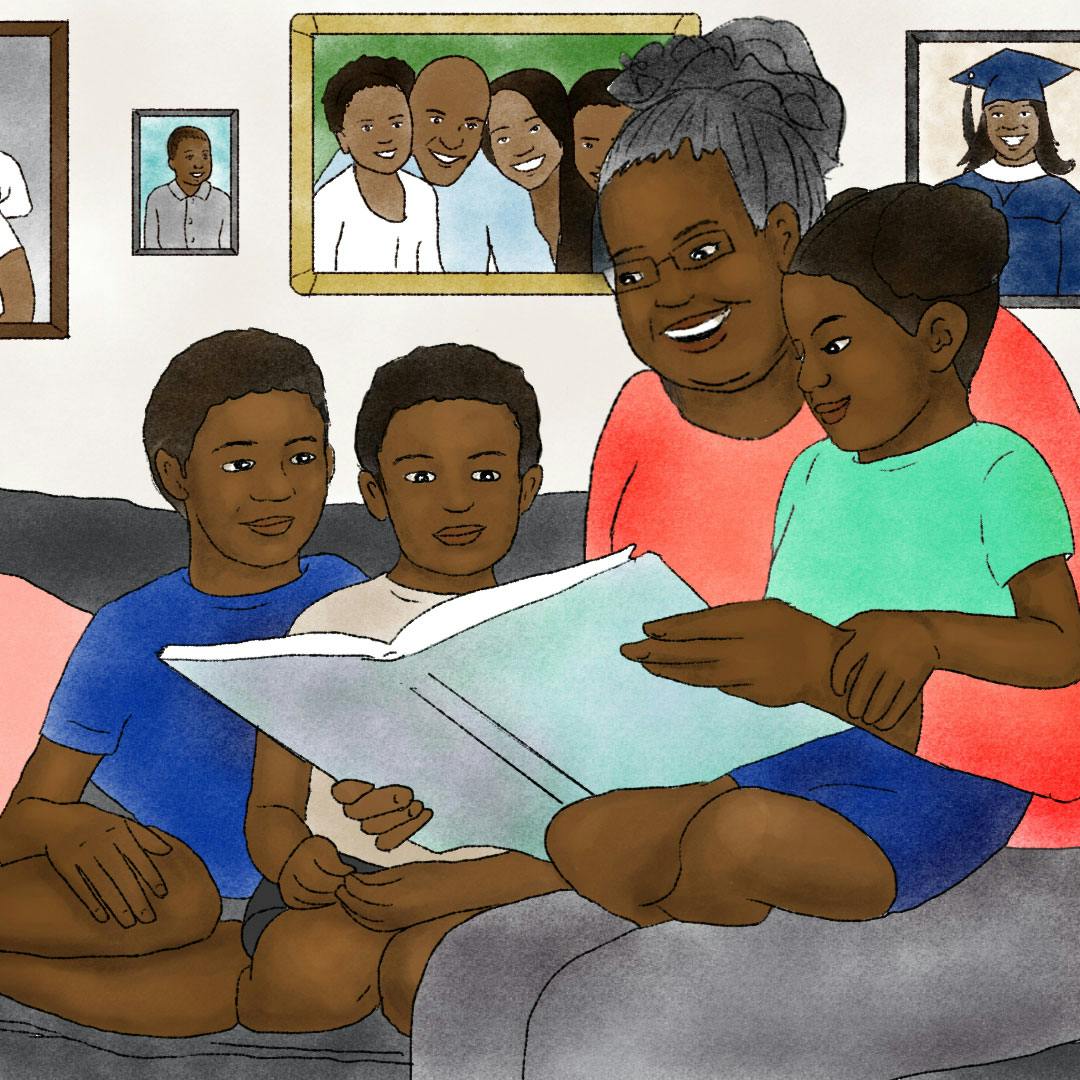
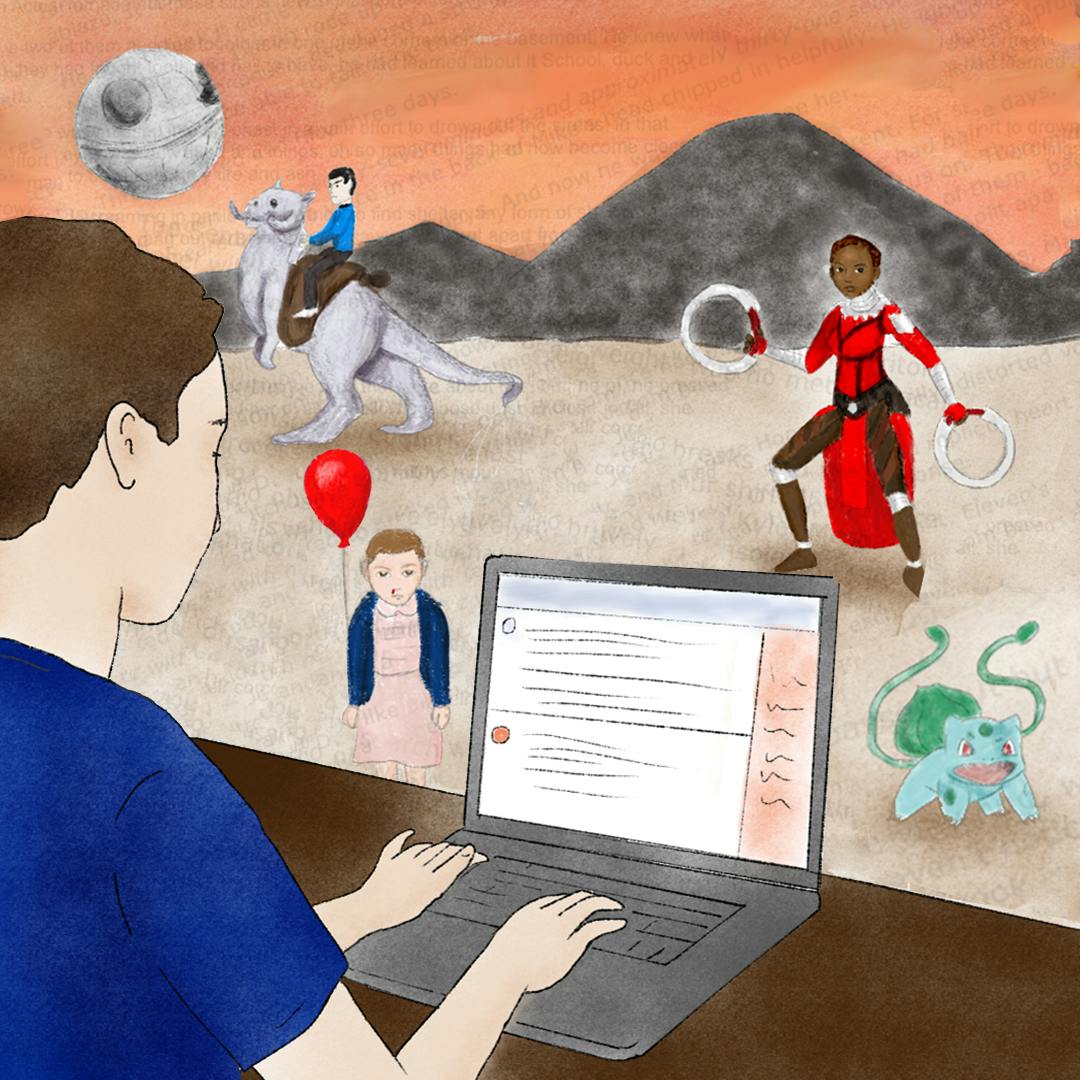
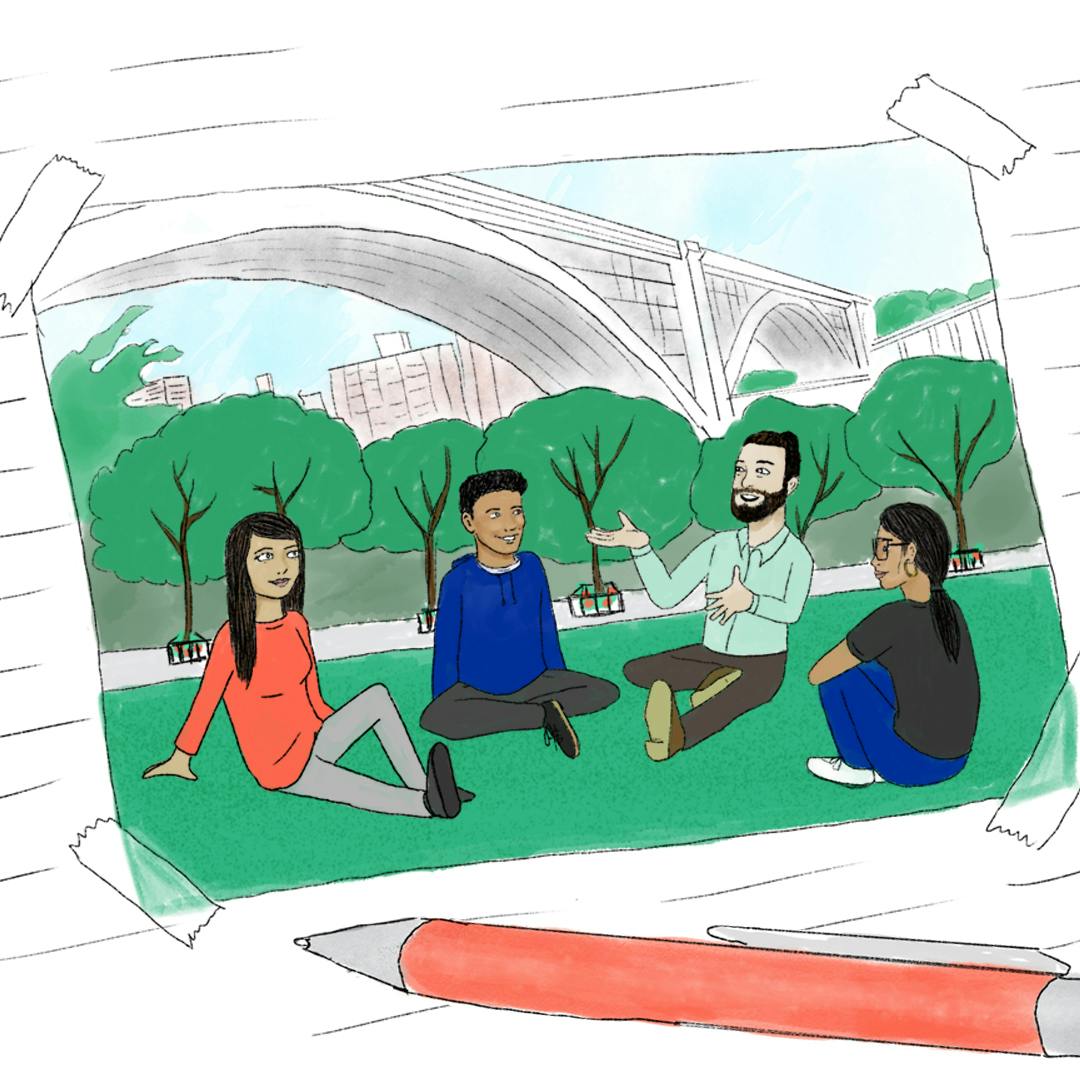
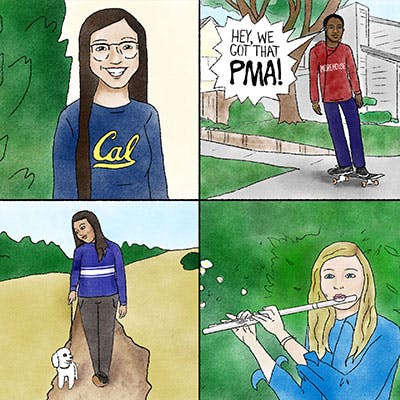
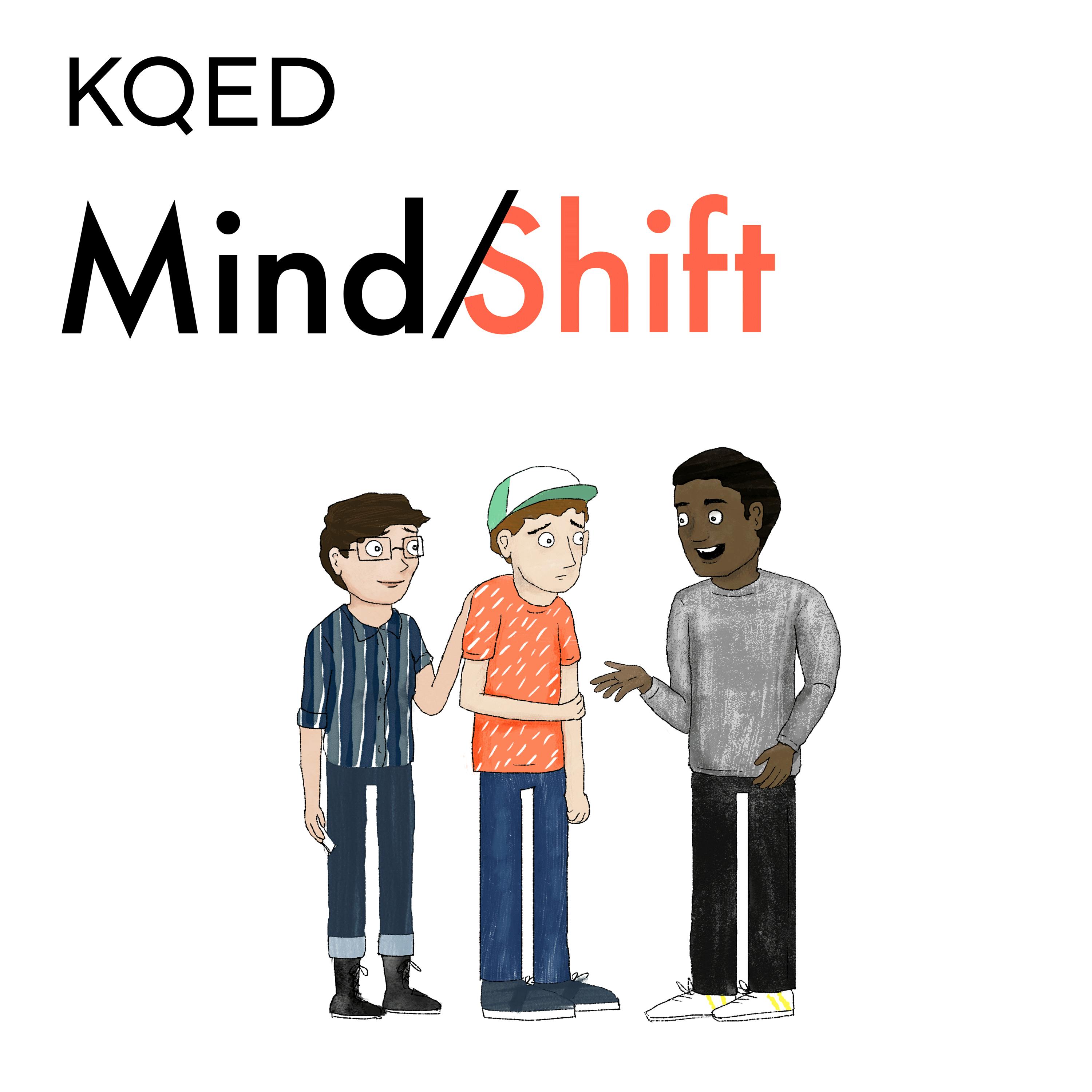
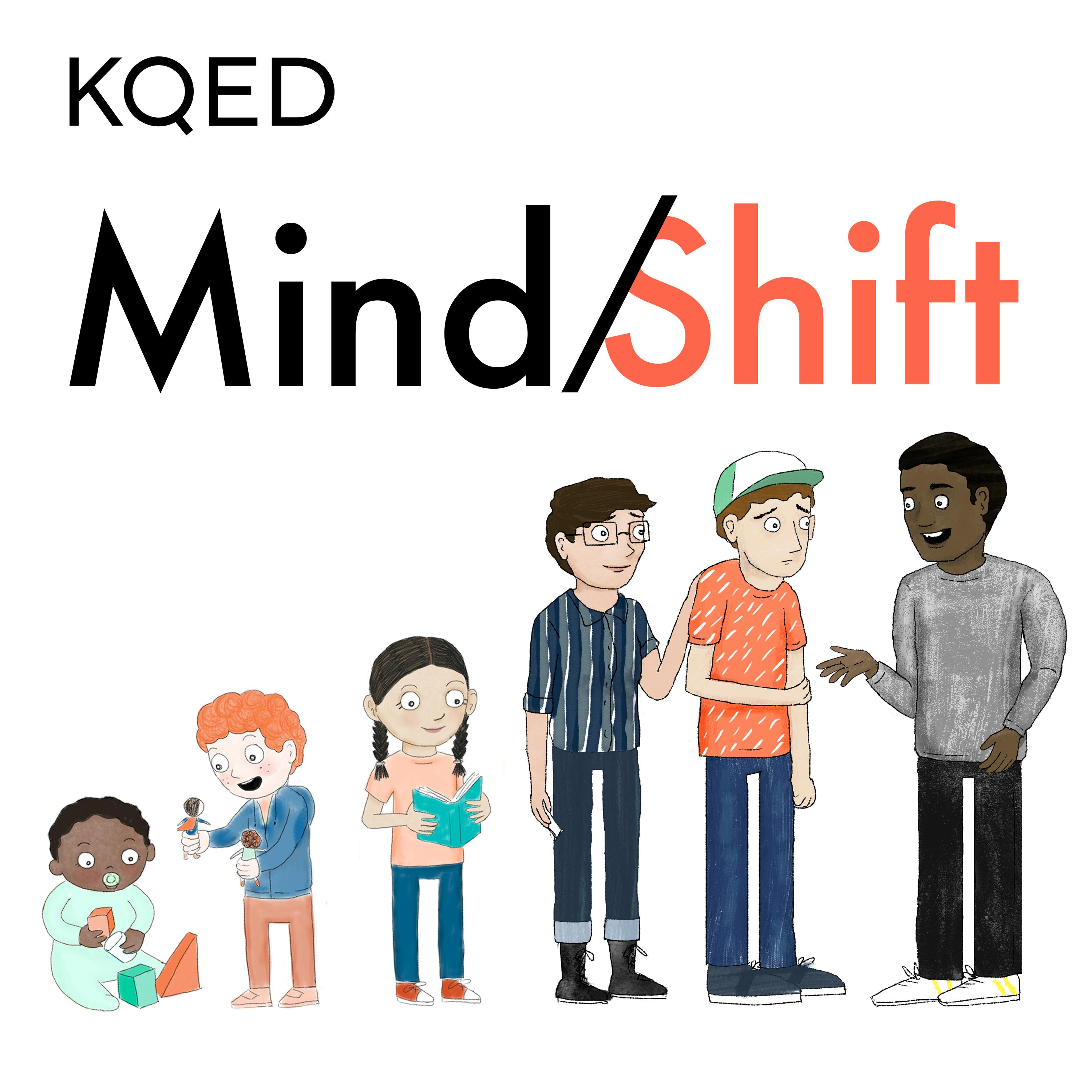
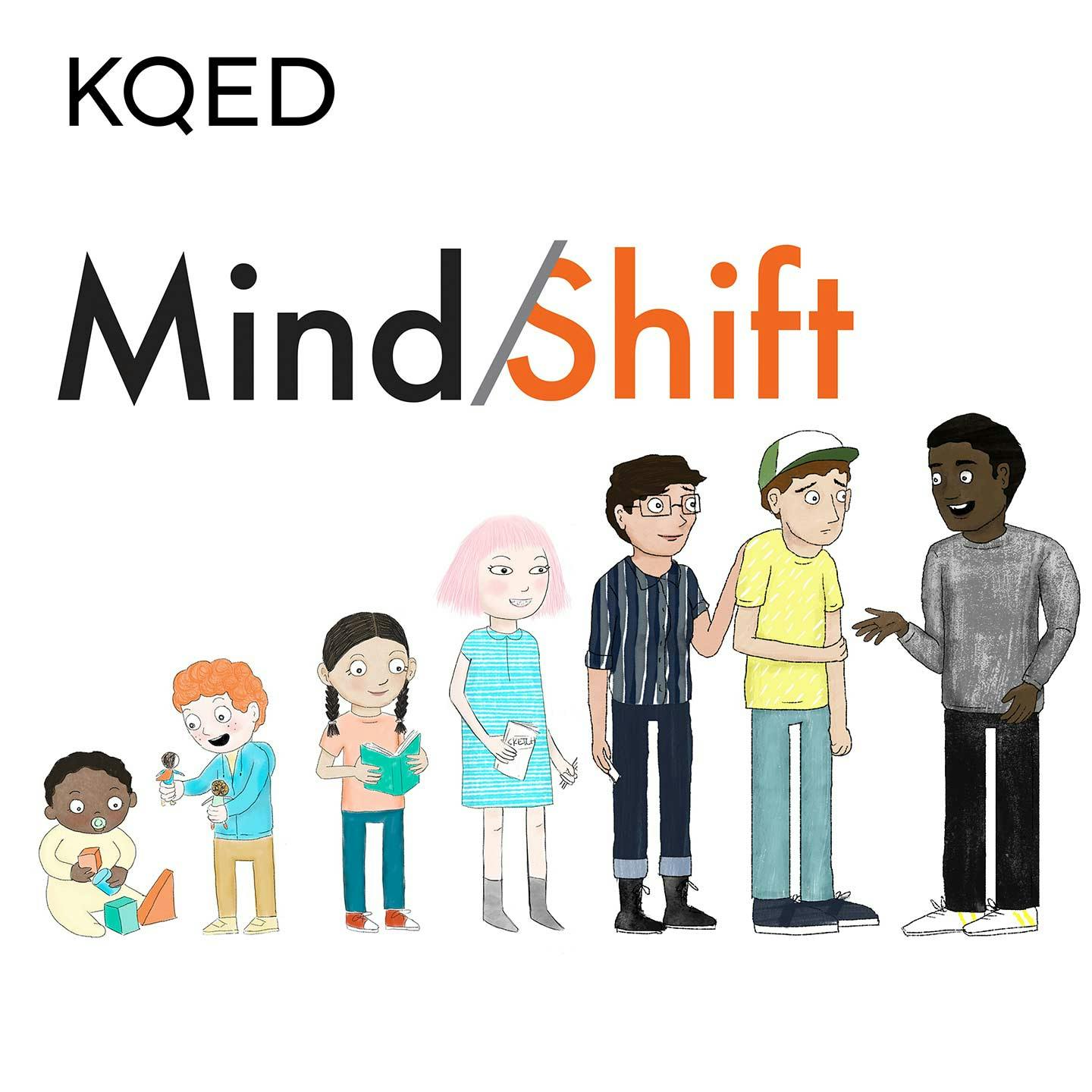











I'm glad it's had a positive impact but I'm also very sad because this is the exact opposite of how school counselors are intended to be utilized in a school setting. This is a purely responsive intervention program - school counselors that are responding are designed as preventative and school wide supports. This drop everything and run to help is not one that I believe is modeling school counseling best practices and research. Sometimes you have to do what needs to be done, but it's hard to hear colleagues talking about this program without cringing. Check out the role of the school counselor on the ASCA website.
Wowzuh, que maestro's locos! lol Bravo, Bravo! "There goes my hero, he's ordinary!" Lessons learned hopefully🙌🏾🙏🏿🙌🏽 Trust and engagement gained, extraordinarily!!!
I worked in the same type of Behavioral Program for awhile and was changed completely for the better. These kids are full of beauty and personality, yet need much support and many diverse resources, that the school systems lack because of careless state budgets being reduced or refocused elsewhere.... staying on the bright side, I cannot express the amount of gratitude and respect I have for these Teachers, Counselors, Assistants etc. who are dedicated to the positive development of their students🙌🏽🙏🏿🙌🏾 You all are Superhuman!!! Thank-you so very much for what you do!!! Keep up the good fight! And a few outlets that never failed were Outdoor Activities, The masterful game of teaching them Chess and the magical benefits of Art! 🙌🏽🙏🏿🙌🏾👏🏾✌️🏽 All thanks and praise!
FM and I'm kuhgnimkj jbnbkn haha we dare h